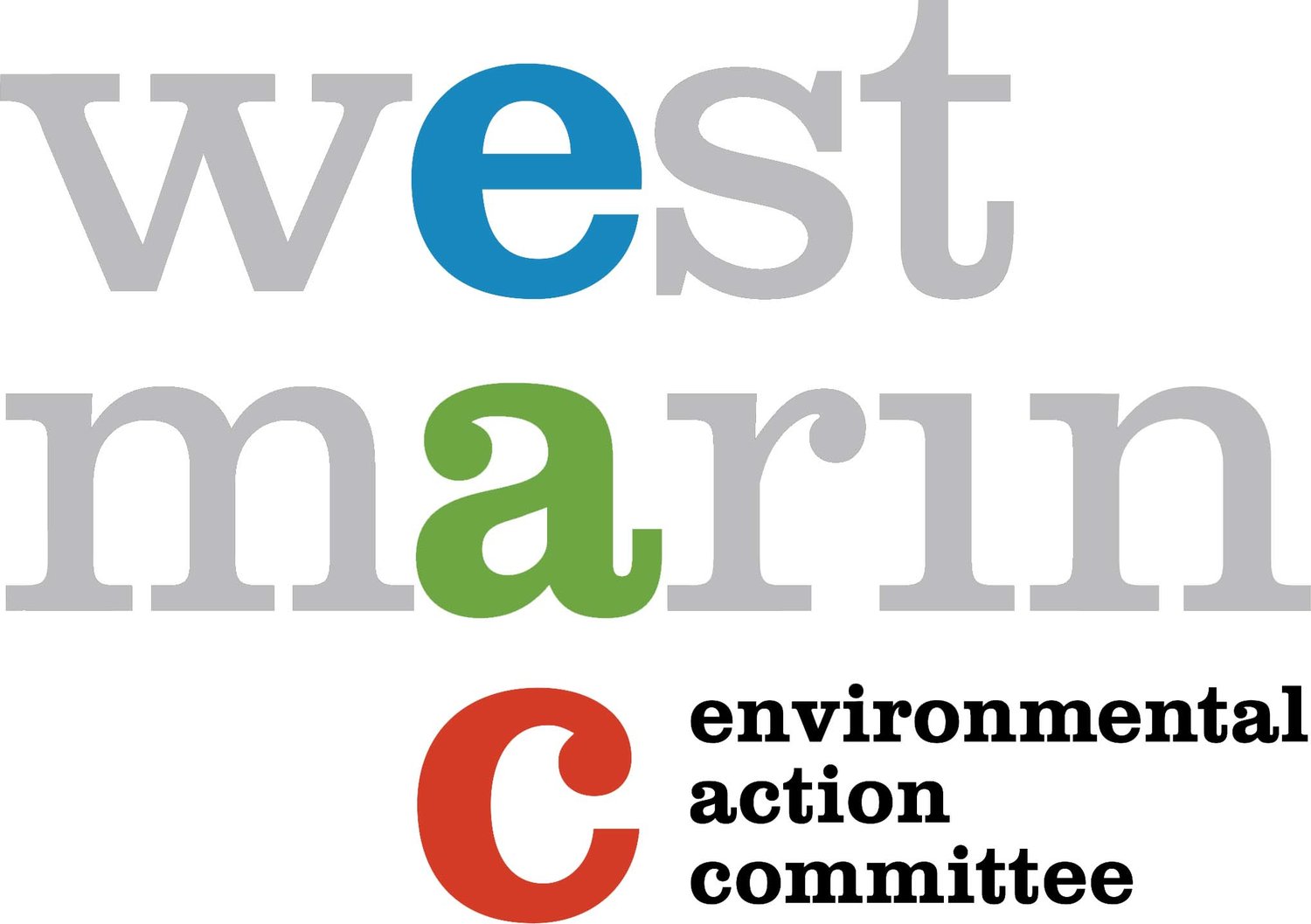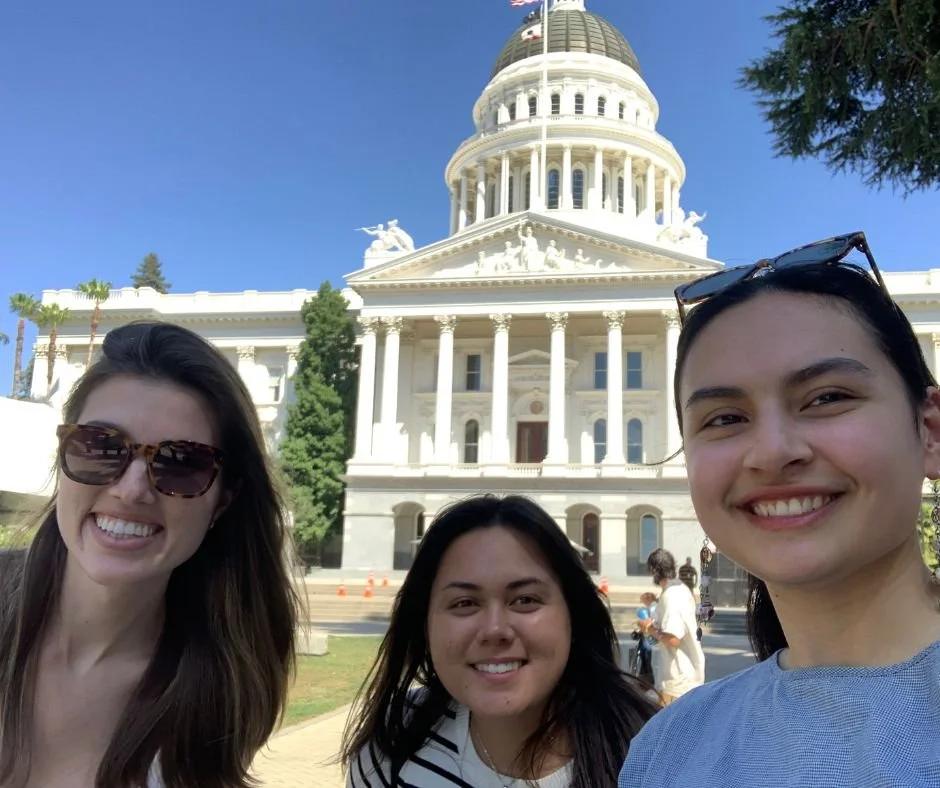EAC attends the July Marine Resources Committee in Sacramento
The Value of MPAs: California’s MPA Network Added to IUCN Green List
California’s MPA network was recently added to the International Union for Conservation of Nature’s Green List! This momentous achievement speaks to the importance of these protected areas and their benefit to ecosystems, communities, and economies.
“This achievement highlights how entire networks - when built on science, collaboration, and fairness - can deliver real, measurable results for nature. Strong marine and coastal conservation is essential for thriving ocean life, resilient ecosystems, and a healthier planet for all, and we are proud to celebrate this landmark moment.”
- Dr Grethel Aguilar, IUCN Director General
“As the first nature network in the world to be awarded Green List status, the system of 124 protected areas along our coast provides an important model of science-based conservation at large scale…Nature networks like this are essential to protect and restore nature across our planet and help all life thrive.”
- Wade Crowfoot, California Secretary for Natural Resources
MPAs don’t just have amazing benefits for the ecosystems they protect—they also benefit fishing communities through the spillover effect. In fully and highly protected areas, fish populations can “survive longer, grow larger, and produce more offspring” than in unprotected areas (Marine Conservation Institute). Of course, fish don’t just stay within MPA boundaries, and the growing populations within an MPA “spillover” to areas where they can be fished, supporting fisherpeople. Research also shows that fully protected MPAs produce a greater spillover effect.
Recently, Sir David Attenborough released a powerful film, Ocean, in which he states, “if we save the sea, we save the world.” His amazing film makes a strong case for the importance of the work of EAC and other marine conservation organizations. The film highlights how we all must prioritize protecting 30% of California’s oceans and how MPAs are helpful for fishing. We recommend that all of you see this film and read more to learn what EAC is doing to increase protections for our local MPAs.
Framework to Evaluate MPA Petitions to be Adopted in August
On July 16th & 17th, we participated in the Fish and Game Commission’s (Commission) Marine Resources Committee (MRC) in Sacramento.
The California Department of Fish and Wildlife (CDFW) presented their proposed draft evaluation framework for MPAs at the public meeting. This long-awaited framework will be used to evaluate MPA petitions in Bin 2, which have yet to be approved due to their complexity.
We commented on the proposed framework, voicing our support for analyzing the network holistically and ensuring that stakeholders have adequate notice to participate meaningfully. We supported the consideration of both consumptive (taking something from a reef or protected area like fishing) and non-consumptive activities (like tidepooling, surfing, etc.), and the suggestion that climatic changes be analyzed explicitly. We also reiterated the importance of adaptive management for the MPA network. Additionally, we asked clarifying questions about how the Commission and CDFW staff would consider community support, and urged CDFW to make all documents submitted for each petition available to stakeholders, staff, and Commissioners in one place online.
Ultimately, with feedback from Commissioners Murray and Sklar, as well as the many public commenters, the CDFW agreed to add language around equity and climate change into the draft framework, subject to approval by the full Commission. The framework will now go to the full Fish and Game Commission for approval in August and will be used to evaluate our Duxbury Reef petition.
Duxbury Reef Petition
We continue advocating for our petition to increase protections at Duxbury Reef by turning it into a State Marine Reserve and expanding its boundaries to cover the entirety of contiguous reef habitat. In early July, we submitted additional comments about our petition to protect this incredibly unique and biodiverse area, sharing additional supportive scientific information.
Duxbury Reef is one of the largest shale reefs in North America and is home to a diverse array of species. It is also an important place for marine education and tidepooling in Marin County. Unfortunately, higher visitation and confusing regulations have led to increasing violations in this area, and docents, visitors, and park rangers have noted decreases in the number of species found at the reef in recent years. Combined with increased visitation and environmental stresses, high rates of take add excessive harm to this highly sensitive and rare ecosystem.
Our petition seeks to protect this unique and diverse habitat for generations to come. Additionally, visiting, tidepooling, educational, research, boating, and surfing access would all be maintained. Our hope is that with better protections in place, the species at Duxbury may recover, leading to better tidepooling and educational experiences for all.
California’s MPA Decadal Management Review showed that MPAs were clearly providing ecological benefits and that they also supported coastal communities, “conserving ecosystems for their economic value and providing unparalleled opportunities for surfing, diving, kayaking, and other recreational activities” (Ocean Protection Council).
Contact isabel@eacmarin.org if you want to sign on to support our petition to increase protections at Duxbury Reef, or to ask questions about the petition!



